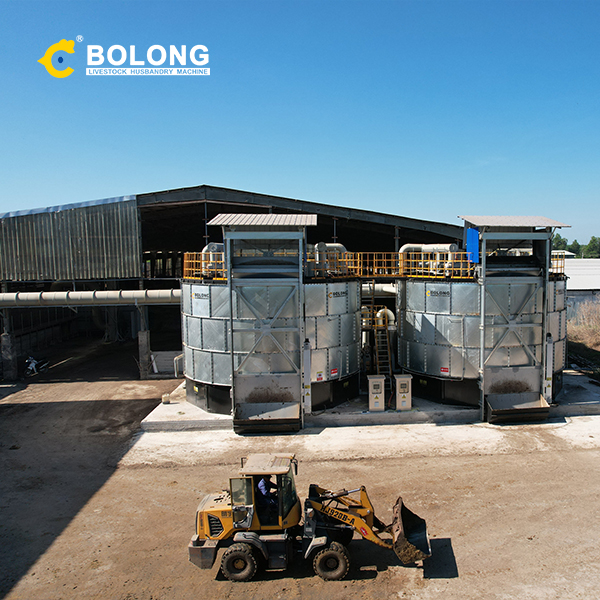Crop rotation is a sustainable farming practice that improves soil health and reduces pest pressure. Fermentation tanks support crop rotation by producing compost that enhances soil fertility and structure.

Crop rotation reduces soil depletion, controls pests and diseases, and improves crop yields. Adding compost to soil further enhances these benefits by enriching soil with organic matter and nutrients.
Fermentation tanks convert organic waste into nutrient-rich compost. This compost supports the benefits of crop rotation by improving soil structure, increasing nutrient availability, and enhancing microbial activity.
Using compost from fermentation tanks in crop rotation practices reduces dependency on chemical fertilizers, improves soil health, and increases crop yields. This supports sustainable farming and environmental conservation.

Fermentation tanks play a crucial role in enhancing crop rotation practices. By producing high-quality compost, they support soil health and sustainable agriculture, benefiting both farmers and the environment.